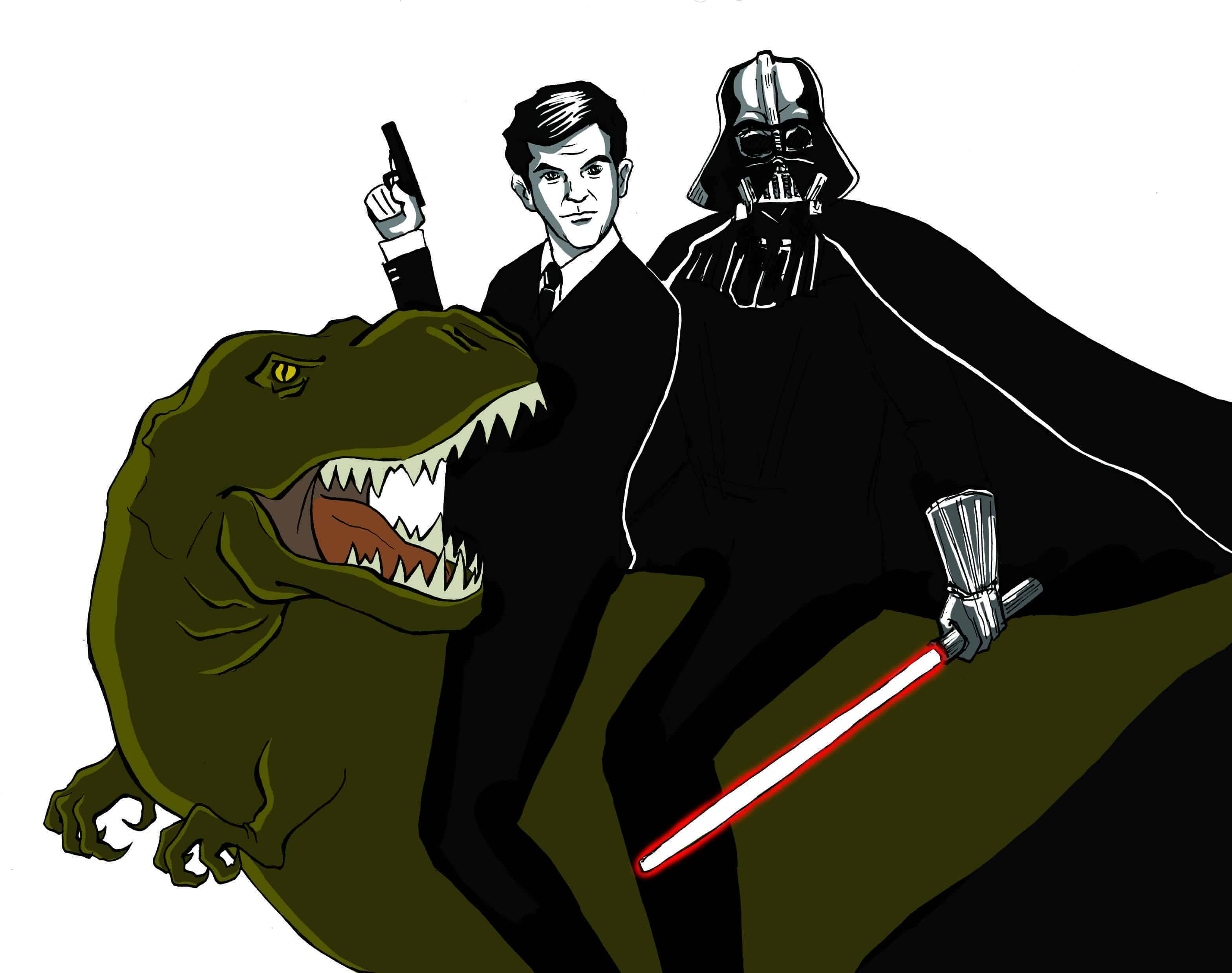While it is a common observation that the baby-boomer generation continues to dominate our society in both economic and political terms, there is minimal discussion of the ways in which our forebears continue to overshadow us culturally. Nowhere is this more evident than in film, an art form plugged directly into the societal zeitgeist, and which has always been subject to reflecting the latest fads and cultural phenomena of our rapidly changing times.
Recently, Hollywood movie making has capitalized on the nostalgia of classic audience favourites in order to evoke a warm critical response — along with healthy box-office receipts. Not only does this trend reveal the hollow emotional appeal at the heart of many modern-day blockbusters, but also it is reflective of the way that our generation continues to be culturally short-changed by the preceding generation.
A quick perusal of the current roster of Hollywood blockbusters reveals the industry’s penchant for sequels: “Comic Superhero 7,” “Rec Cam Horror Flick 5,” “Liam Neeson Kills People 3,” “Rebooted Franchise: Camp Subtitle,” and so on. But this is nothing new; the 1970’s and 80’s gave a seemingly endless spawn of alien and terminator films. What is new, however, is the current fashion of mining audience nostalgia in the hopes of recreating the feeling of past thrills.
Take a look at this year’s biggest hits: Avengers: Age of Ultron stirred up nostalgia for comic book days, Cinderella harkened back to a beloved Disney classic, Mad Max was a shameless reboot of an acclaimed 80’s franchise, and Jurassic World was a Spielberg throwback with almost masturbatory affection for the original. Not to mention the latest James Bond movie, and of course the year’s most anticipated film, JJ Abram’s Star Wars: The Force Awakens.
The last title is perhaps the clearest example of Hollywood’s latest methodology; Abrams, a talented and skilled director, has elevated the practice of manipulating audience nostalgia to an art form. The trailer released of the new Star Wars shows gives glimpses at crowd favourites: John William’s familiar music, a shot of Luke’s first lightsaber, the Millennium Falcon, and the beloved Han Solo/Chewie duo can all be checked off the list.
Abram’s other works, Super 8 — a riff on the classic ‘Spielberg-esque’ blockbuster — and the rebooted Star Trek franchise all skilfully drum up audience nostalgia for critical acclaim and box office records. Even the old masters do not seem immune to this Hollywood trend — some of the director’s latest films, Indiana Jones 4 and The Adventures of Tintin also have the same yearning wistfulness for the past that is so common in current Hollywood productions. From The Hobbit’s quirky references towards the Lord of the Rings trilogy, and the upcoming Harry Potter spin-off Fantastic Beasts & Where to Find Them, movies today are less about creating new thrills than about reliving old ones.
Back in the 1960’s and 70’s, the baby boomer generation had the benefit of enjoying truly new ideas in film. No amount of CGI or advanced effects today can recreate the explosive technological and cultural impact of the first Star Wars. Now, even as the baby-boomers near retirement, the movies still cater to them. Our generation was not alive to see the premiere of the classic originals reheated for modern consumption.
It will be interesting to see what will happen, as the target audience for this kind of nostalgia begins to thin out. The spectacular failure of Disney’s The Lone Ranger in 2013 shows the consequences of building a film around nostalgia for a dated character unknown to younger audiences.
It is understandable that, as movies become increasingly expensive to produce, studios will lean on crowd-pleasing, tested favourites. Sequels will always be an integral part of the blockbuster movie experience, but producers need to understand that new ideas will always triumph over rehashed older material. Adjusted for inflation, the box office is ruled not by the 3D blockbusters of The Avengers or Harry Potter, but rather by classics like Gone with the Wind, Star Wars, E.T., and The Sound of Music.
There is a steady decline in movie attendance, though rises in ticket prices have covered the losses. In order to win audiences back to the cinema, producers need to abandon the current love of the past and focus instead on invention and evolution. Rather than catering to the past, it is time for the movies to focus on us — the future — and provide us with the culturally innovative and game-changing works that previous generations have enjoyed.


